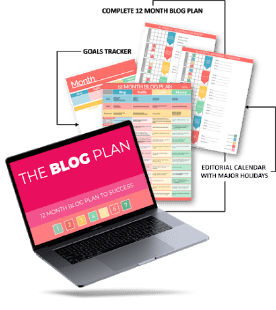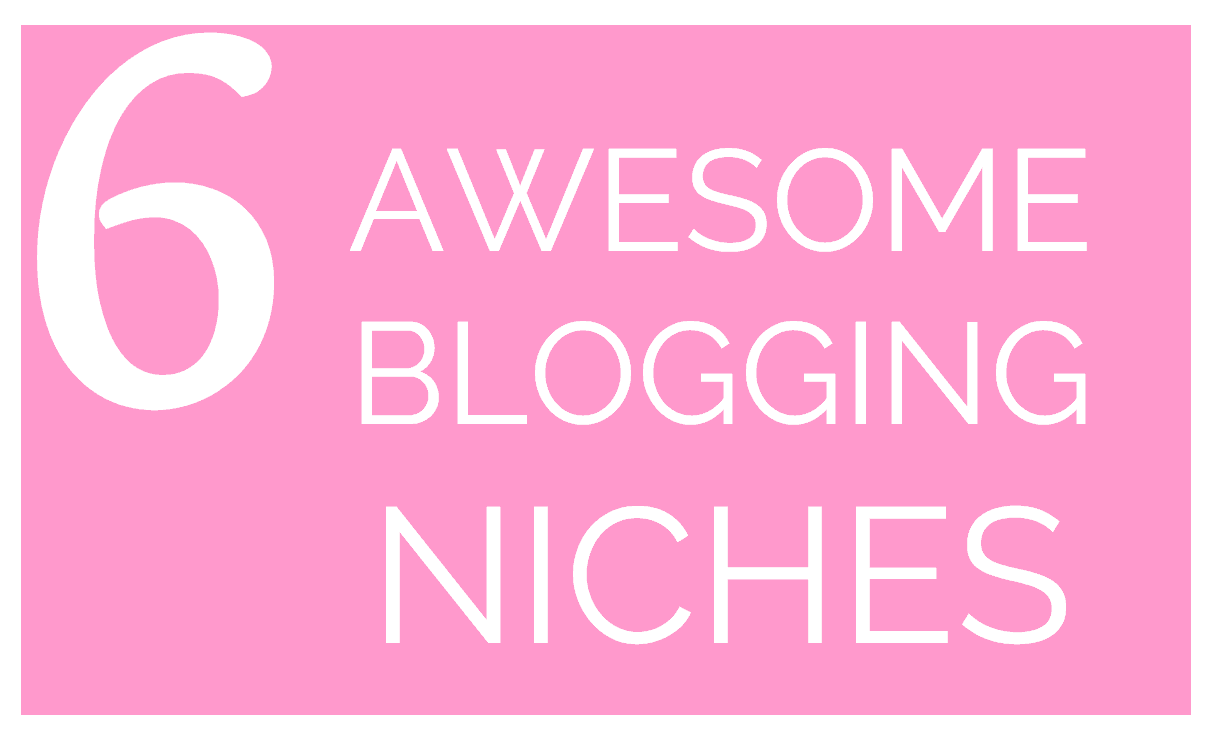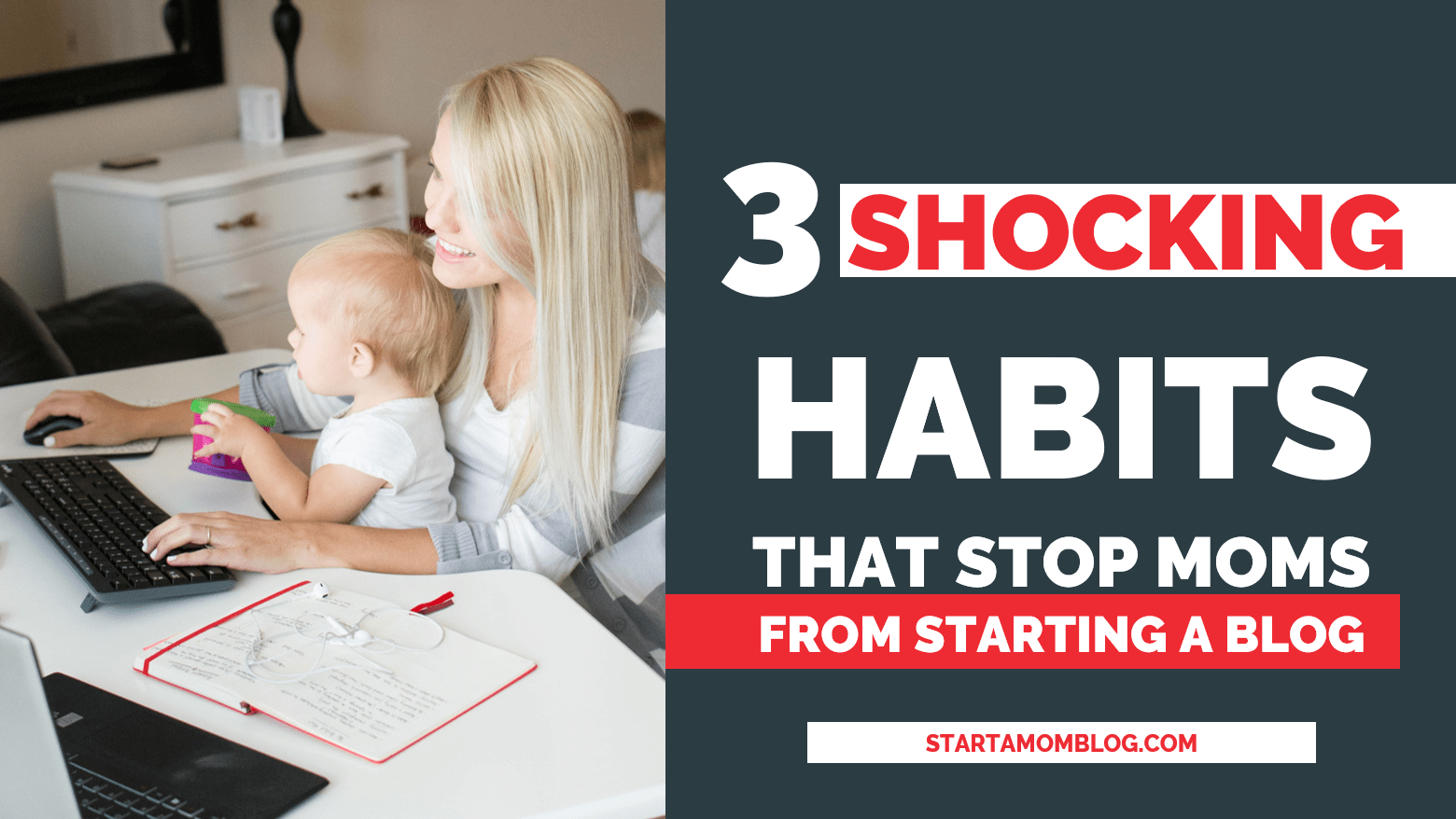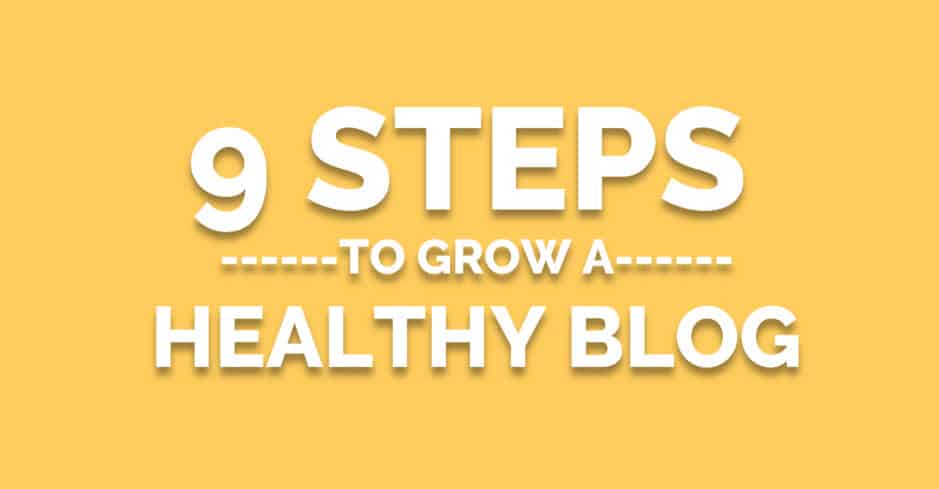The Ultimate List Of Website Ideas To Inspire Your First (Or Next) Online Project
Whether you want to start a side business or dreaming about going all in and change the world, you will need a website to start with. This blog post contains a big list of startup and creative website ideas, that I hope will inspire you.
The list is also great if you are simply looking for inspiration on what type of online business or blog to start. Without further ado, let’s begin!

1. Personal websites and blogs (vlogs, photo diary etc)
Personal websites share information with a limited group of people. Examples include:
- Keeping your family updated when you are backpacking through Europe
- Student projects websites
- An online resume that is shared with a potential employer
A blog is a personal website: a space where a person writes about his/her life, ideas, passions, experiences. It’s an online journal shared with anyone who wants to read.
A personal website doesn’t start with monetization in mind, but it can turn into a source of income later on, if it gets enough of traffic.
Monetizing strategy (potential): ads, affiliate marketing, ebooks, online courses, workshops, e-commerce.

2. Business websites
Today every business needs a website. People expect to see some sort of a digital presence when they go online to research a company. If they can’t find any, they usually find it strange and can become reluctant to do business with that company.
A business website should tell the story of the company/brand, share its values and present their team, products, and services. It can sell products and services, or simply encourage visitors to get in touch or visit a brick and mortar store.
Content marketing is an important piece of the marketing puzzle, so more and more businesses add a blog page to their main website. On the blog they publish content that educates their readers, improves the brand’s authority and convert readers into fans and buyers.
Monetizing strategy: selling products/service, generating potential leads and using other methods to convert them into clients (1-on-1 meetings, sales calls, email marketing, etc).

3. E-commerce websites (online store):
An online store is a specific type of business website where people can browse through a catalog and buy different goods. You can open a stand-alone online shop or create one as an extension of an existing business. This is what Ruth Soukup did, for example, when she created an online shop that sells products branded with the name of her podcast.

3.1. General online stores with lots of products
This is like an online supermarket, with lots of different products to choose from. The big retailers usually also have an online store, but there are lots of online stores without a physical presence.
Monetizing strategy: selling products.

3.2. Small drop-shipping online stores
When you run an online store, dealing with inventory and shipping can take most of your time. Drop shipping allows you to easily run an online store as a side business, by taking all that part away. You will sell products that someone else manufactures and ships to the clients. You focus only on the marketing and sales process and get a cut of the sales you generate.
Monetizing strategy: selling products.

3.3. Niche online stores
These online stores focus on selling a reduced selection of items that are attractive to a specific niche.
Monetizing strategy: selling products.

4. Nonprofit websites
A non profit organisation needs a website for the same reason a traditional business does. In the digital age, non profit websites can help the organisation raise more awareness about the cause they are supporting.
Monetizing strategy: donations.

5. SAAS (software as a service) websites
This is a website that users go to when they want help with a task such as:
- change the formatting of a document (like from a PDF to a Word document),
- check the spelling for an article they wrote,
- create quality images for their websites, etc.
Monetizing strategy: ads, service fees (one-time payment or a monthly recurring fee).

6. Authors’ bio websites
Lots of authors (writers, artists, etc) have a website where anyone can read their bio and see a full list of their works (books, songs, exhibits). The social media accounts and contact information are also listed on the website, so that people can follow their favorite author.
Monetizing strategy: selling the author’s works, speaking gigs, workshops

7. Recipes websites
What’s best than a recipe book? A recipe website! These websites can include thousands of recipes, categorized by meal types and even specific ingredients.
Monetizing strategy: ads, affiliate marketing, ebooks, membership fees, online courses.

8. Reviews websites
8.1. Book or film reviews websites
If your hobby is reading or watching movies, you can write reviews that other people will appreciate for sure. People just love to learn about what’s trending, so that they can make an informed buying decision.
There are even businesses that sell summaries of top nonfiction books, for time-starved people who still want to learn about new ideas.
Monetizing strategy: ads, affiliate marketing, apps, marketing fees paid by producers/brands/publishing houses

8.2. Product reviews websites
If you have experience in buying a specific type of products (or you simply love a category of products and want to test as many brands as possible), you should consider starting a product review and buying guides website. Whether you are into cars, watches or makeup products, you can help your audience make an informed buying decision.
Monetizing strategy: ads, affiliate sales.

9. The biography of a geographical destination (town, touristic destination, region, etc)
If you know a lot of things about a geographical area (your town or a destination you love), you can start a website to share this information. There are a lot of things you can write about: history, culture, gastronomy, places to visit, people, hidden gems, best shopping experiences, hotels etc.
Monetizing strategy: ads, marketing fees for local hotels/restaurants/traveling agencies etc

10. Industry websites
You can build a website to share news, events, articles or interviews around a specific industry like: accounting, advertising, automotive, etc. This can be a great resource for people who activate in that industry or anyone else who is interested in the topic (journalists, students, recruiters, other businesses that serve the industry).
Monetizing strategy: ads, services, paid workshops and events, print magazines.

11. Social Networking websites
You don’t have to start with the goal of becoming the next Facebook. Social media websites are very popular, so this can quickly transform into a lucrative business. People love connecting with like-minded people.
Monetizing strategy: joining fees, donations, ads

12. Membership websites
A membership website is a gated community that requires a monthly or yearly fee to be a part of. This can create a deeper sense of community and can increase the quality of interactions from its members.
Monetizing strategy: joining fees.

13. Portfolio websites
An online portfolio is a great way to showcase the work of freelancers, artists or service companies. They usually include lots of visual elements like images, graphics and videos.
Monetizing strategy: selling services and products.

14. Knowledge websites
Knowledge websites gather information around a specific theme and allow anyone to contribute. They can be:
- similar to an online encyclopedia that is shared with everyone on the internet,
- a Q&A type of website where people can get their questions answered on a specific topic.
Monetizing strategy: ads, donations.

15. Entertainment websites
We all like to read celebrity news now and then, watch inspiring videos or simply burn a few hours consuming entertaining content.
Monetizing strategy: ads, paid subscription

16. Media websites
Media websites publish news and report on the latest developments in a wide area of topics. They are the newspapers of the digital world.
Monetizing strategy: ads, paid events.

17. Brochure websites
A brochure website is the simplest version of a business website. It includes only a few pages of content and provides contact information for those who want to learn more about the company. They are a great step to start with for small businesses who don’t want to invest lots of money in a full website but still want a digital presence.
Monetizing strategy: indirect sales (inviting people to a brick and mortar shop)

18. Financing (crowdfunding) websites
These websites allow startup companies to sell a limited quantity of inventory to a large pool of investors and get seed financing. They can also allow people to raise donations for a specific cause or project (e.g. funding a personal traveling project or raising funds to cover medical expenses).
Monetizing strategy: fees collected from the users
19. Education websites
Education websites can offer information about a specific school or offer online courses (free or paid).
19.1. Formal education websites
They are a type of business website that offers information about a specific educational organization (its history, management, vision, programs, facilities etc.)

19.2. Online courses websites
These type of websites are online courses platforms that offer a wide range of online courses which can be free or paid.

19.3. Infopreneurs websites
Infopreneur websites lay at the intersection of a business website and education website. Infopreneurs create and sell information products in a wide range of formats:
- e-books,
- audio courses,
- video tutorials,
- live workshops etc.
Monetizing strategy: selling courses and other informational products, membership fees, affiliate marketing, services, ads.

20. Web portals
Web portals are platforms that collect information, centralize it and put it at the disposal of those who need it. They are usually used by companies (for their teams) and also by freelancers that work on a project as part of a team.
Monetizing strategy: paid access

21. Job board (general or niche) websites
Job boards are websites where employers can advertise their job openings and potential employees can apply to a specific job. There are general and more niche job boards.
Monetizing strategy: ads, paid workshops, courses, fees paid by users

22. Coupon websites
These websites are a favorite among people who want to save money on their purchases. They collect coupons and discount codes that can be used in a specific store or online.
Monetizing strategy: ads, affiliate marketing

23. Affiliate marketing websites
Affiliate marketing websites promote products/ services of other companies, in exchange for a sales-based commission. These websites can be niched or general.
Monetizing strategy: commission based sales
Examples: MoneySavingExpert.com

24. Podcasting websites
Podcasting websites offer a publishing and hosting platform to podcasts producers. They usually centralize a wide range of podcasts and thus are very convenient for the people who have different podcasts they like to listen to.
Monetizing strategy: fees paid by the users, ads, courses
Examples: www.podbean.com or www.podomatic.com/

25. Auction websites
Auction websites publish online auctions for a wide range of products, from clothes and furniture to books and cars.
Monetizing strategy: commission from sales that happen on their platform, ads
Examples: Ebay, or www.govdeals.com

26. Virtual community websites
Online community websites are platforms where people hang out with other like-minded people.
Monetizing strategy: ads, fees for the transactions that happen on the platform
Examples: https://www.couchsurfing.com/ and https://www.deviantart.com/

27. Events websites
Events websites offer a platform to promote a specific event and sell tickets online.
Monetizing strategy: fees paid by the users (event organizers)
Examples: Eventbrite and https://www.tickettailor.com/

28. Search Engine websites
Even if Google is the giant of the search engine market, it is possible to earn money with a search engine website. You just need to be creative and build it for a specific niche.
Monetizing strategy: ads, donations
Examples: www.baseball-reference.com and education.iseek.com

29. User-generated content (news, entertainment) websites
User-generated content (UGC) is a new type of journalism created by the digital world. On such a website, anyone can upload content in various forms (text, video, images) that is meant to report a piece of news or purely entertain others.
Monetizing strategy: ads
Examples: www.digitaljournal.com and www.fmylife.com

30. Content sharing websites
This type of websites allows users to upload/download content (pdf, images, music, infographics, etc.)
Monetizing strategy: membership fees, generating referrals to the business that setup the website, ads
Examples: Stock Image Websites and www.scribd.com and www.videoblocks.com
This is it: your big list of website ideas. I hope it will give you a few ideas on the best way to start your first (or next) online project.
I am curious, if you could start ONE website today, what would it be? Let me know in the comments!

Olivia Angelescu is teaching bloggers and small business owners how to build authority and sell more by using guest blogging and Facebook ads strategies that work even for tiny budgets. She writes for blogs like Teachable, Leadpages, GrowthLab and Entrepreneur. You can find her at www.oliviaangelescu.com








Which of your courses would be best for starting up an Author Website? I’m particularly interested in what pages I need and web copy.
[…] are one of the best types of websites for earning money online. There are other types of websites that you can create, but a blog can be customized to combine the best of them. You can make your […]